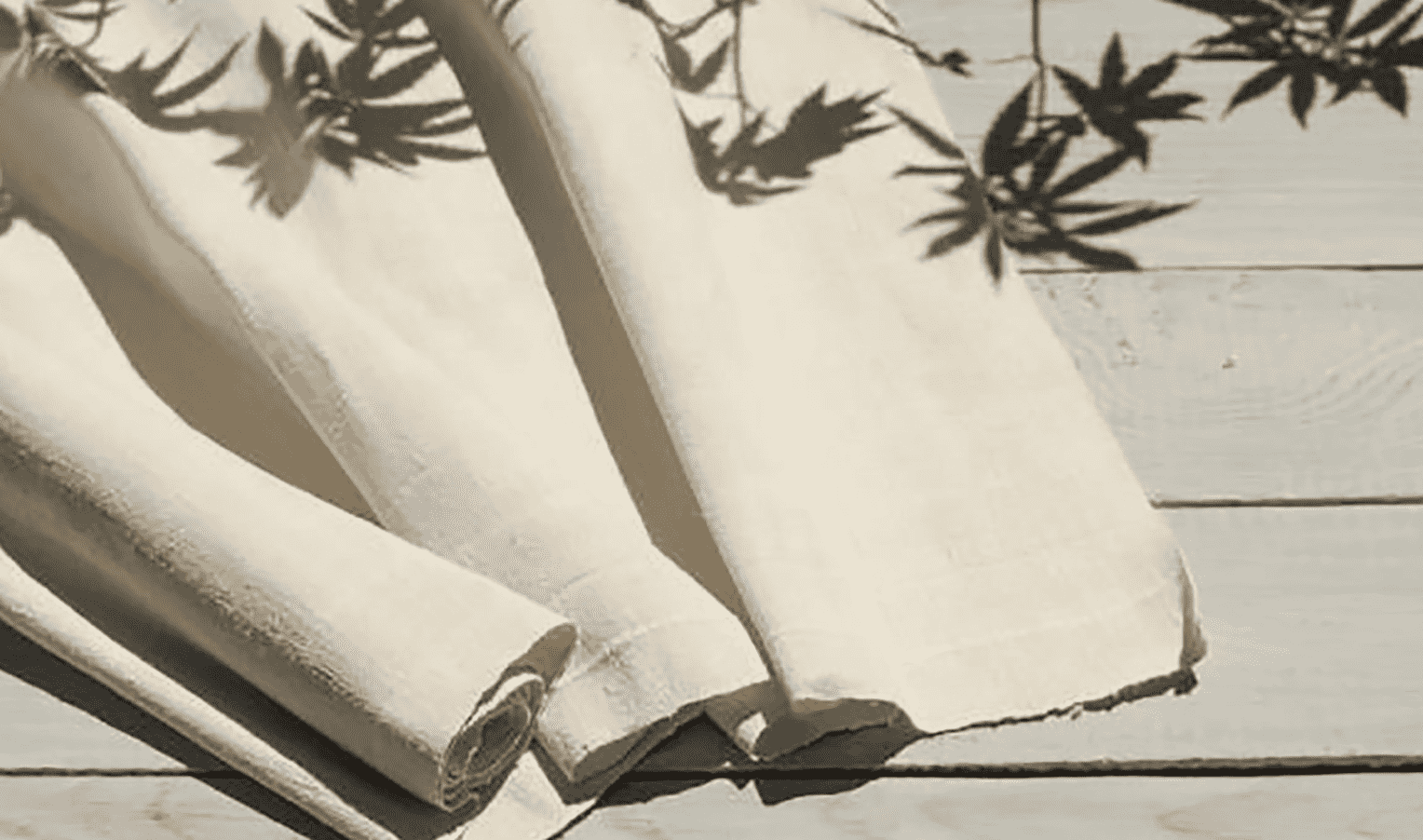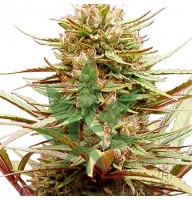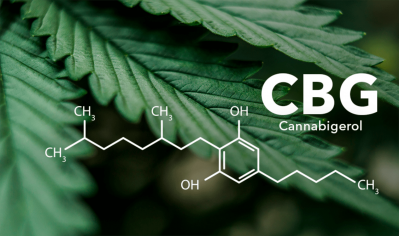For many people, hemp is still only associated with its use as a narcotic or medicinal use. However, this is far from the whole truth. Hemp is not only marijuana, but also a valuable source of many products useful for both humans and the environment, it is used in such industries as:
- Seafaring
- Printing house
- Textile industry
- Automotive industry
- Summer construction
- Energy industry
Further in the article, we will take a closer look at each of the industries where cannabis is used.
Seafaring:
Surprisingly, it was hemp that became a salvation for sailors since ancient times. Its strong fibers cope well with the effects of salt water, making it an ideal material for sails, ropes and other marine accessories. The word "canvas" in English comes from "canvas". Initially, this word was used in Holland and meant "cannabis", and not by chance, because it was this plant that made the first sails.
Paper:
Large documents and works of art were made from hemp paper. It was used to create Gutenberg's first printed Bible, as well as important historical documents, including the Declaration of Independence and the US Constitution. Hemp paper has many advantages over traditional wood-based paper: it is stronger, more durable and produced from environmentally friendly raw materials. In addition, hemp takes much less time to grow than trees, making it a more sustainable option for paper production.
Hemp oil:
Hemp seed oil is rich in nutrients and vitamins such as A, B, C, D and E, and contains 20 amino acids, including all 9 essential for humans. This oil is used not only in cooking, but also in cosmetology and medicine. It helps maintain skin health, smoothes wrinkles and improves the overall condition of the skin. Many centuries ago, hemp oil was used for medicinal purposes, and today it has become a sought-after component in the production of cosmetics.
Thus, hemp is not only a source of narcotic substances, but also a valuable resource for many branches of industry and science. Its use in various spheres of life continues to expand, opening up new opportunities for innovation and sustainable development.
Hemp oil is not only a useful component in food, but also an important ingredient in the creation of dyes. Hemp paints became especially popular in the middle of the last century due to their environmental friendliness and quick drying.
Textile industry:
Hemp stalks, after processing, turn into fibers from which strong fabrics are made. Hemp clothes are known for their durability and color retention. Even our grandmothers used hemp fabrics for sewing diapers and curtains, which are still in excellent condition. Modern designers also include hemp in their collections, giving clothes a special charm.
Clothes:
Research shows that our distant ancestors already used hemp to create clothes 10,000 years ago. This material is recommended to athletes for its ability to retain body heat and protect against UV rays. Even the famous jeans "Levi's" in the middle of the 19th century were made of hemp fiber.
Footwear:
Hemp shoes are famous for their environmental friendliness and durability. Studies show that hemp products are superior to their counterparts as well as resistance to harmful effects. Companies such as New Balance, Adidas and Nike already use hemp in their shoes.
Ropes:
Hemp ropes are among the strongest in the world. They are widely used in construction, agriculture and other industries. Hemp ropes are also environmentally friendly and durable.
Heaters:
Hemp insulation has excellent thermal insulation properties and is an environmentally safe choice for construction. They not only keep warm air, but also prevent the development of mold and bacteria.
Flour:
Hemp flour is actively used in cooking, giving dishes an original taste and increasing their nutritional value. Due to the absence of gluten, it is suitable even for people with intolerance to this substance.
Automotive and Aircraft Industry:
Leading automotive and aviation companies use hemp for interior and seat upholstery. Hemp composites have also found use in aircraft hulls, providing a lightweight and strong material.
Energy industry:
Biodegradable batteries based on recycled hemp fibers are already being developed in Canada, which promise to be more efficient and environmentally friendly.
Conclusion:
Hemp is not only a valuable source of food and medical varieties , but also a universal material that is used in many areas of industry. Its environmental purity and versatility make it an indispensable resource for sustainable development and innovation.





Write a comment